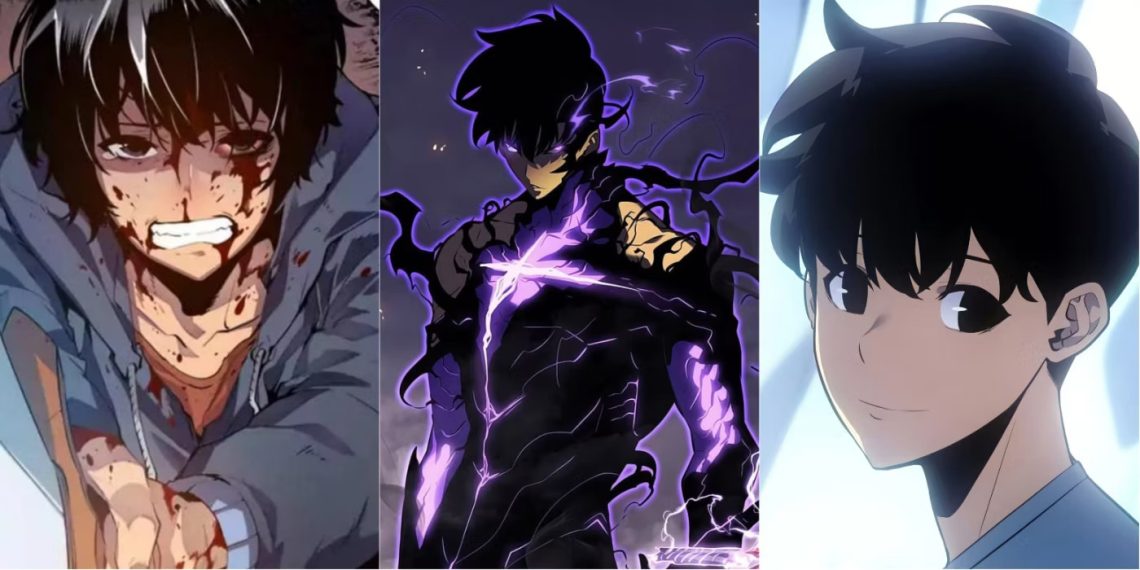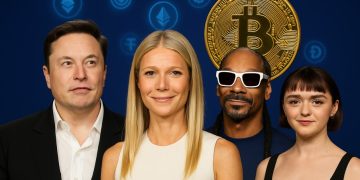In the Solo Leveling anime, Jinwoo embarks on his character journey after facing a near-death experience and receiving a second chance at life.
While the anime has been saturated with isekai and reincarnation narratives, Jinwoo’s tale bears a striking resemblance to a classic series deeply rooted in gritty realism. Fans familiar with Naoki Urasawa’s work will recognize parallels between Jinwoo’s journey and the legendary narrative of his series.
Jinwoo enters the story at his lowest ebb, renowned as “the weakest Hunter of mankind.” It’s his brush with death that propels him into a world where he can wield newfound strength and potentially shape the course of history.
However, this zero-to-hero trajectory takes a surprising turn as Jinwoo’s character is revealed to harbor a darker side. A key aspect of the series is the exploration of Jinwoo’s evolving identity and the psychological depth it adds to the narrative, reminiscent of the haunting themes present in Urasawa’s masterpiece, Monster.
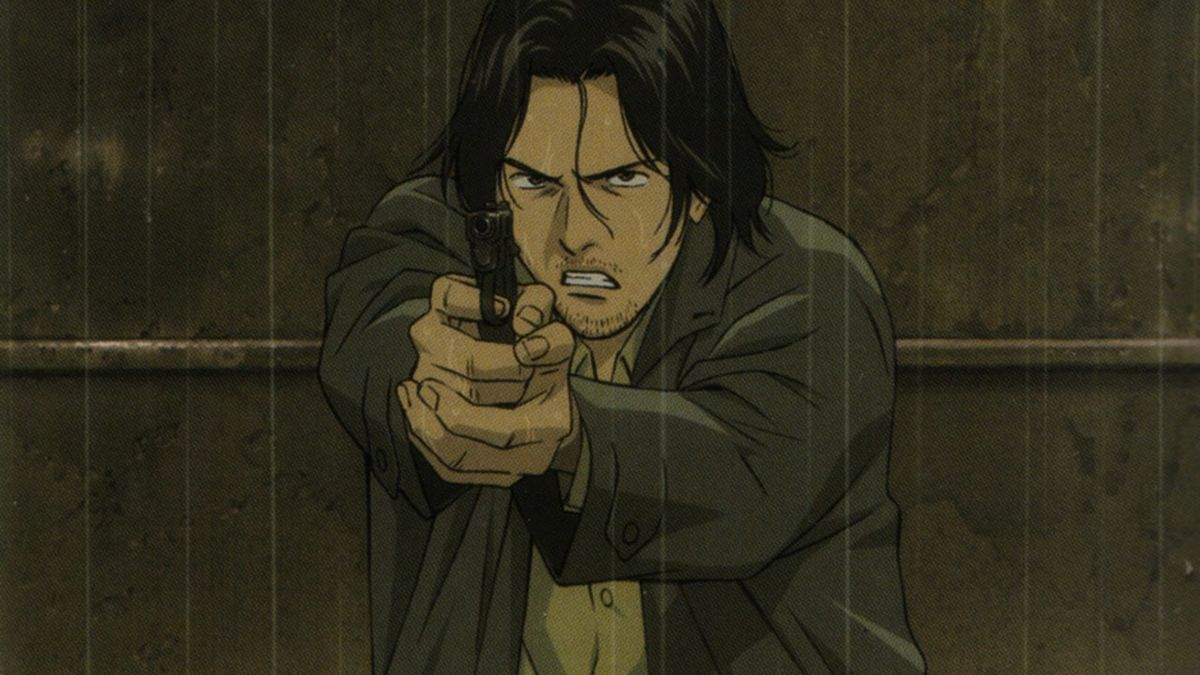
A core element of Solo Leveling’s premise closely mirrors a key aspect of Naoki Urasawa’s Monster
In the first episode of Solo Leveling, viewers are introduced to Jinwoo, portrayed as a compassionate and earnest individual whom audiences are encouraged to support. Despite his efforts with his E-rank abilities, he struggles to fend for himself during dungeon missions.
However, by the end of Episode 2, Jinwoo’s life hangs in the balance as he finds himself stranded in a perilous S-ranked dungeon. His survival, in a shocking and gruesome turn, is attributed to the System, which intervenes at the last moment, transforming him into a formidable “player.”
Jinwoo’s near-death experience serves as the catalyst for his evolution from a timid young man into a formidable warrior. This plot device bears striking resemblance to the dark tones of Naoki Urasawa’s manga, Monster.
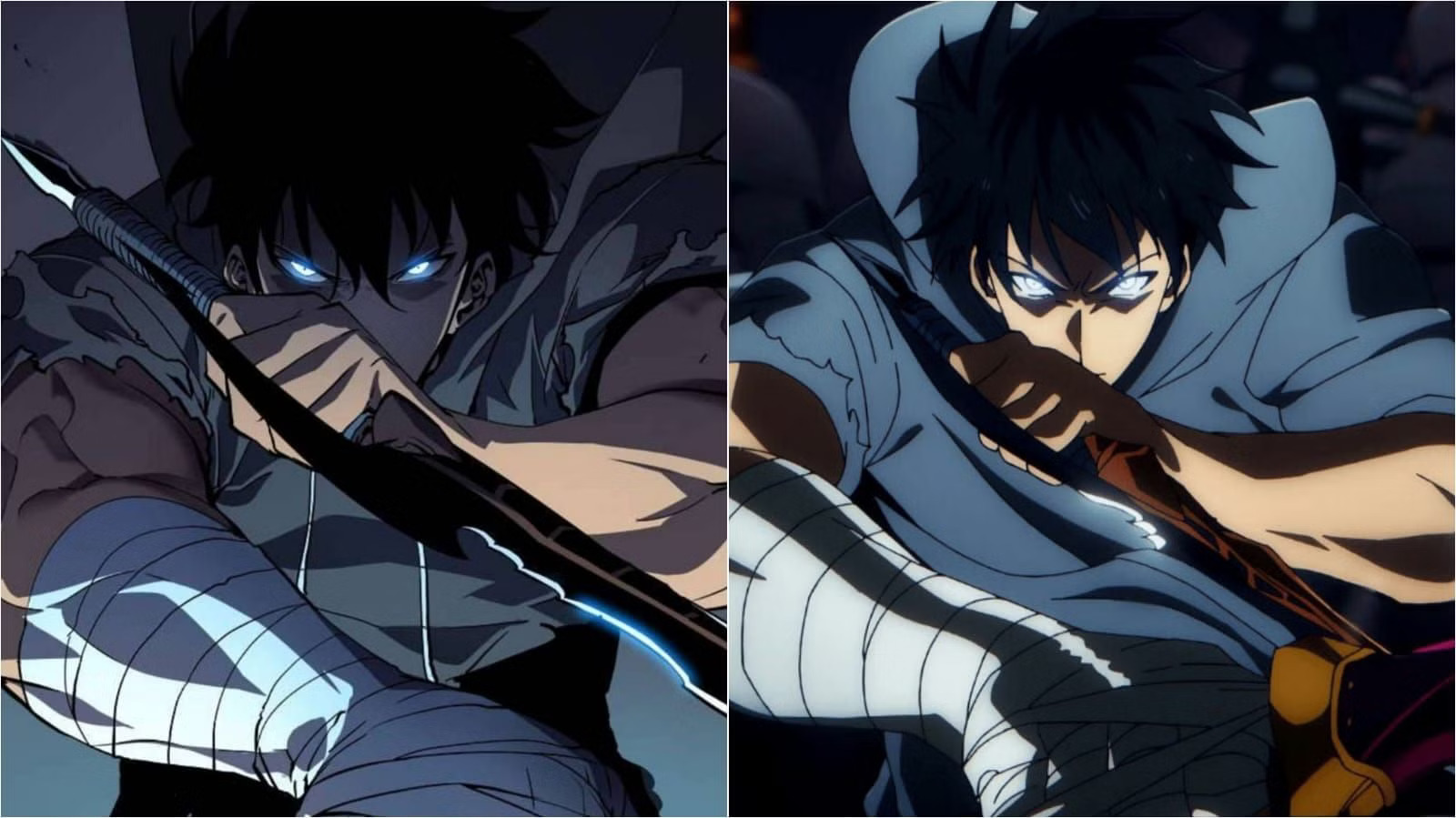
Urasawa’s classic narrative revolves around a brilliant surgeon whose life takes a dramatic turn after he saves the life of a patient named Johan Liebert. Johan and his twin sister are rushed to the hospital following the murder of their adoptive parents, with Johan critically injured by a gunshot to the head.
Dr. Kenzo Tenma, Germany’s top surgeon, defies the orders of the Hospital Director to prioritize Johan’s treatment. Saving Johan’s life brings Dr. Tenma a sense of fulfillment, reinforcing the importance of his profession in saving lives regardless of the patient’s background.
However, this initial narrative of altruism takes a dark turn with Johan’s survival, marking the beginning of the true story of Monster.
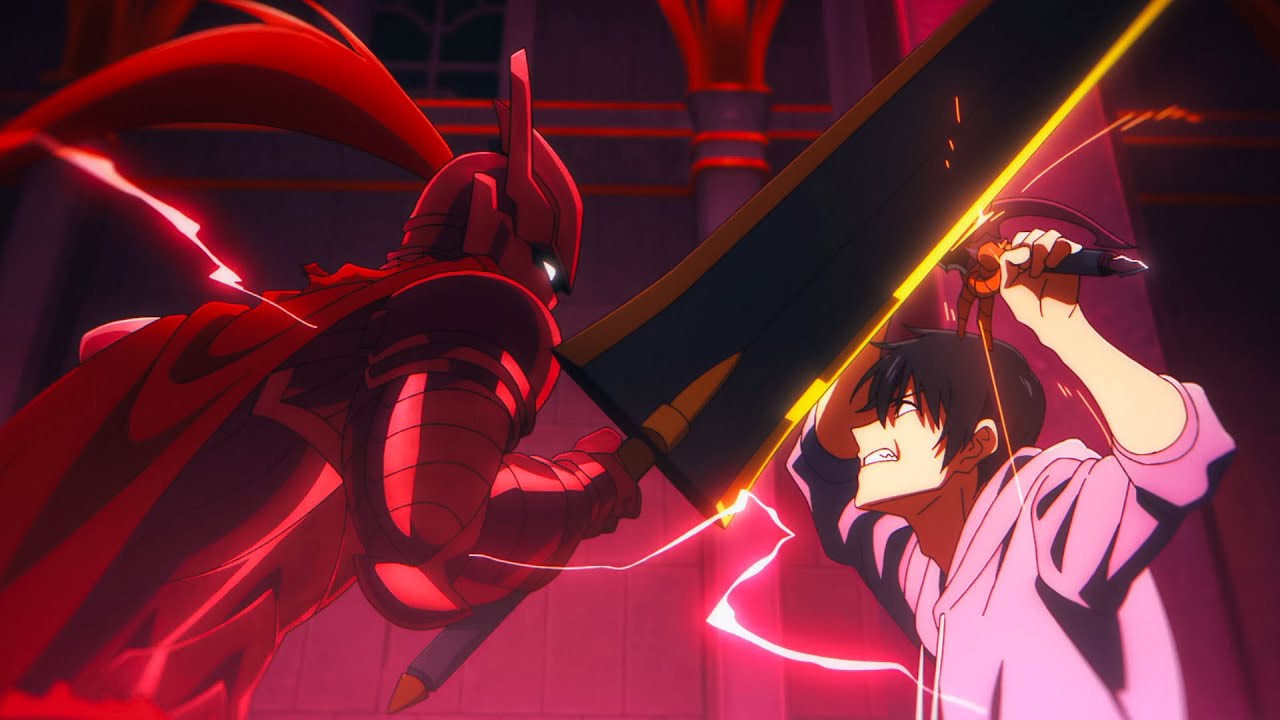
The hospital politics depicted in the initial episodes of Monster take a backseat when a murder investigation involving Dr. Tenma’s colleagues unfolds. It isn’t until Episode 4 that Dr. Tenma realizes his harsh words about the hospital director and two other colleagues have triggered Johan’s murderous rampage.
The sense of peace Dr. Tenma initially feels after saving Johan is shattered as he discovers the true nature of the boy he rescued. Monster delves deeply into themes of morality and humanity as Johan’s second chance at life morphs into humanity’s greatest threat. Similarly, Jinwoo’s second chance in Solo Leveling heralds a profound change for both himself and those around him.
Both series employ the plot device of near-death experiences and second chances to catalyze significant transformations for their protagonists.
While this central idea is a common thread between the two, Solo Leveling diverges from Monster due to its limited character dynamics. In Solo Leveling,
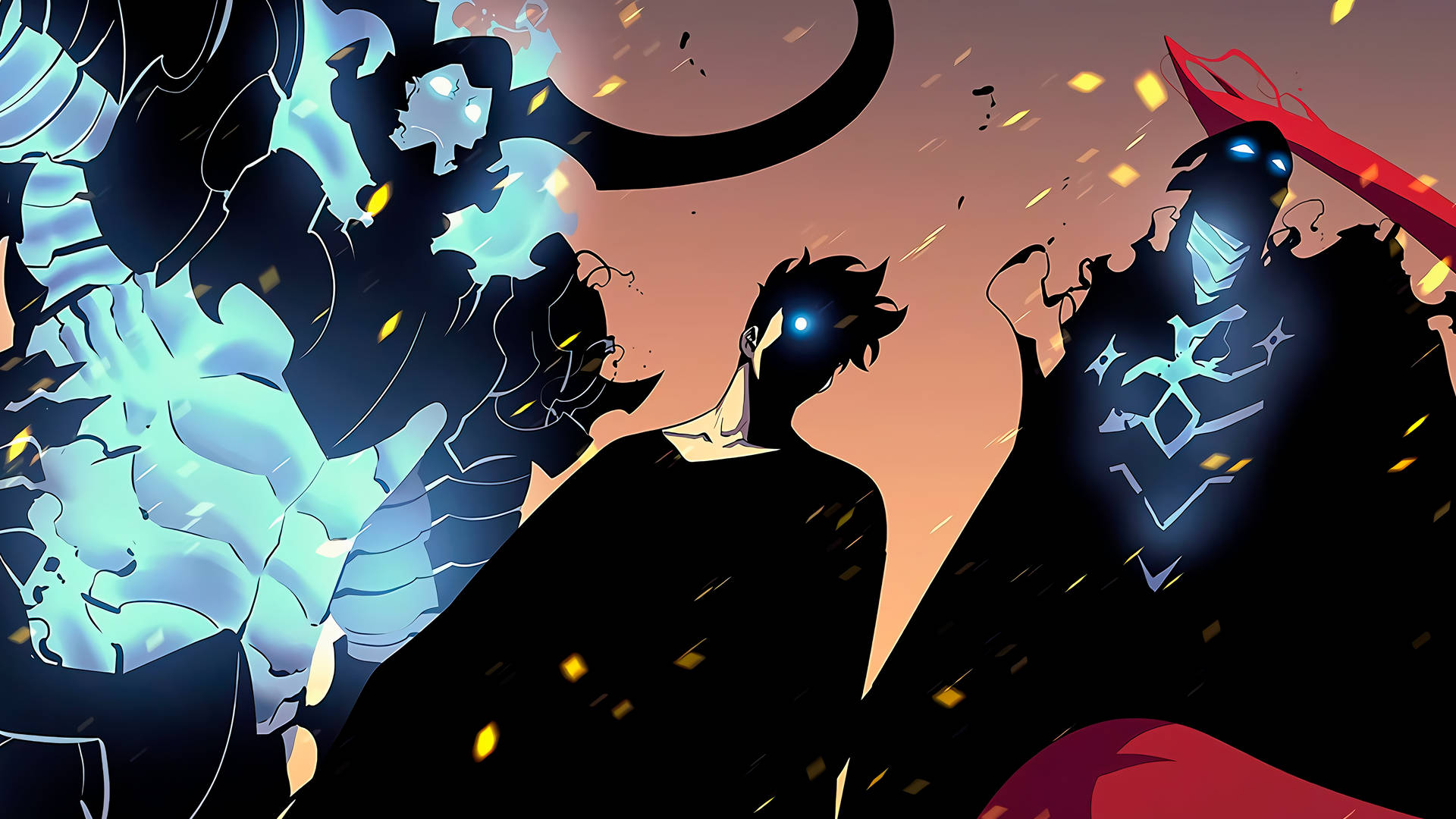
Jinwoo’s savior, the System, lacks a traditional character presence—it possesses no personality or emotional connection with Jinwoo. Nonetheless, it is credited with saving Jinwoo’s life and altering his fate, for better or worse.
Conversely, in Monster, Dr. Tenma and Johan share a complex relationship that serves as the crux of the main conflict—a series of ruthless murders—and is intertwined with each character’s personal growth.
Jinwoo’s interaction with the System is more mechanistic, yet he still reaps its benefits despite facing consequences, whereas Dr. Tenma’s emotional bond with Johan stems from a convoluted history of moral ambiguity.
Despite these differences in dynamics, both pairs are brought together by near-death experiences that irrevocably alter their trajectories. As each series progresses, the exploration of moral dilemmas becomes increasingly central to the narrative.
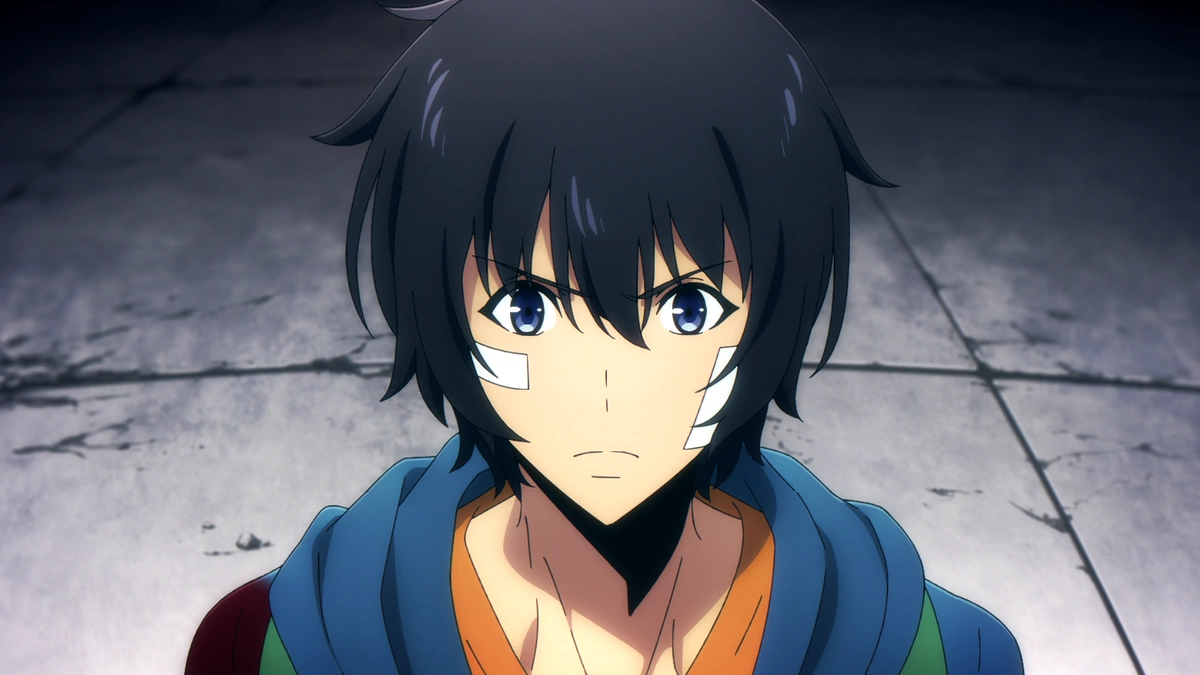
In both Solo Leveling and Monster, the exploration of moral questions emerges as a critical theme
Both series commence with seemingly ordinary characters thrust into life-threatening situations. Yet, the uplifting undertones of their second chances at life are swiftly overshadowed by the revelation of darker aspects to their personalities.
While Johan serves as the primary antagonist in Monster rather than the protagonist like Dr. Tenma, his characterization remains shrouded in mystery for much of the series. This gradual revealing of Johan’s psyche mirrors the pacing of Solo Leveling, which prioritizes plot over character development.
From the outset, Johan is depicted as a psychologically twisted murderer who scoffs at Dr. Tenma’s ideals regarding the sanctity of life. The narrative delves into the unsettling journey of how a seemingly innocent child can metamorphose into a terrifying villain, challenging preconceived notions about his identity.
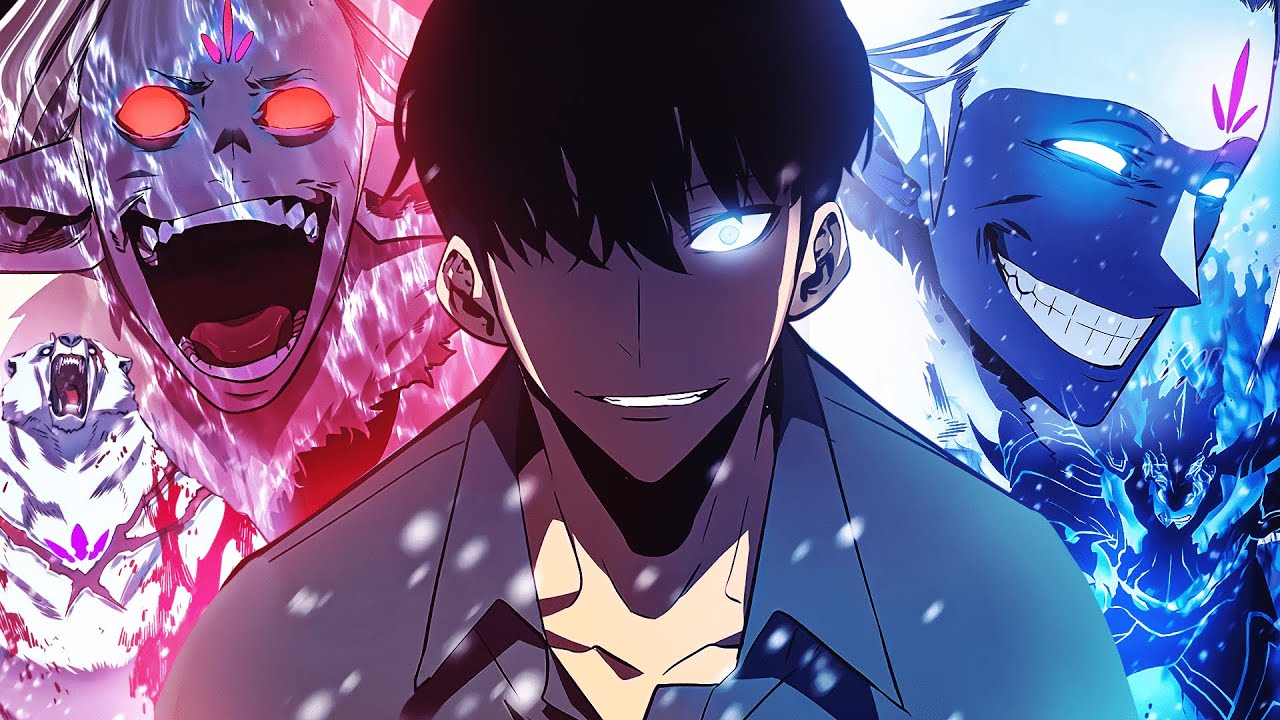
Similarly, Jinwoo undergoes a comparable evolution in character. The gradual revelation of his calculated mindset highlights his ability to switch his moral compass on and off as circumstances dictate.
In Episode 6, Jinwoo takes the lives of six Hunters who pose a threat to him, justifying his actions as self-defense. However, he exhibits no remorse for his actions, becoming increasingly influenced by the ideology of “survival of the fittest” to the extent that he teeters on the brink of embodying traits of a villain.
Although his objectives may not align with Johan’s heinous mission, Jinwoo possesses his own unsettling and morally ambiguous traits. Given his trajectory as a burgeoning leader in his world, akin to Johan, Jinwoo’s actions are poised to significantly impact society, raising questions about the nature of his influence.
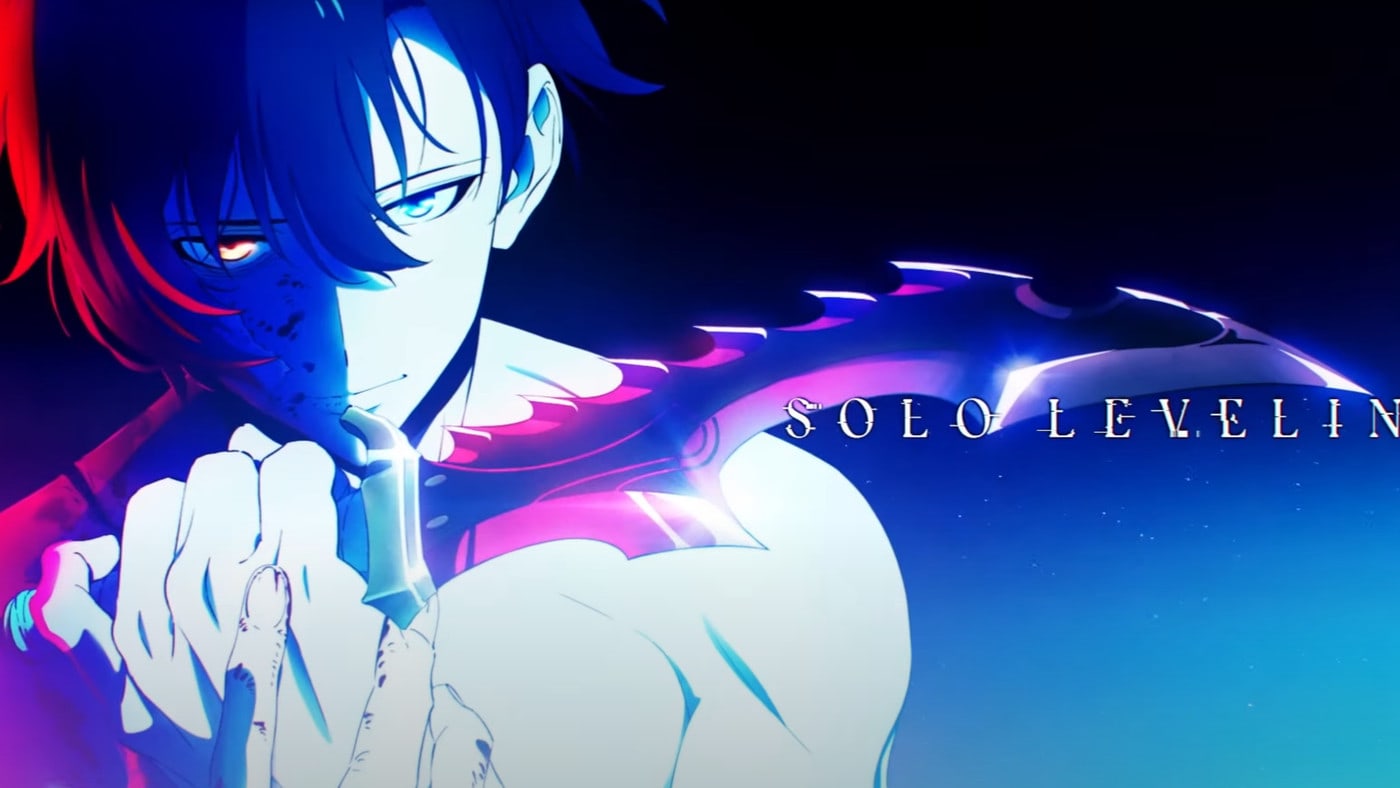
Solo Leveling captivates audiences with its compelling psychological themes, setting it apart from other fantasy series
Within the society Jinwoo inhabits, the world of Hunters is ruthlessly competitive, where strength dictates success.
As Hunters finds the perilous dungeon passageways, they encounter ruthless fantasy monsters, subjecting even seasoned Veterans to psychological trauma. Joohee exemplifies the toll this environment exacts, grappling with the harrowing sights of death and suffering despite her healing prowess.
While Jinwoo briefly contends with his own mental scars, his ability to detach from his emotions shields him from their full impact.
As the series unfolds, a pattern emerges wherein the stronger a Hunter becomes, the more they disconnect from their emotions. This psychological struggle, intertwined with themes of survival, morality, and brute strength, serves as a defining aspect of Solo Leveling.
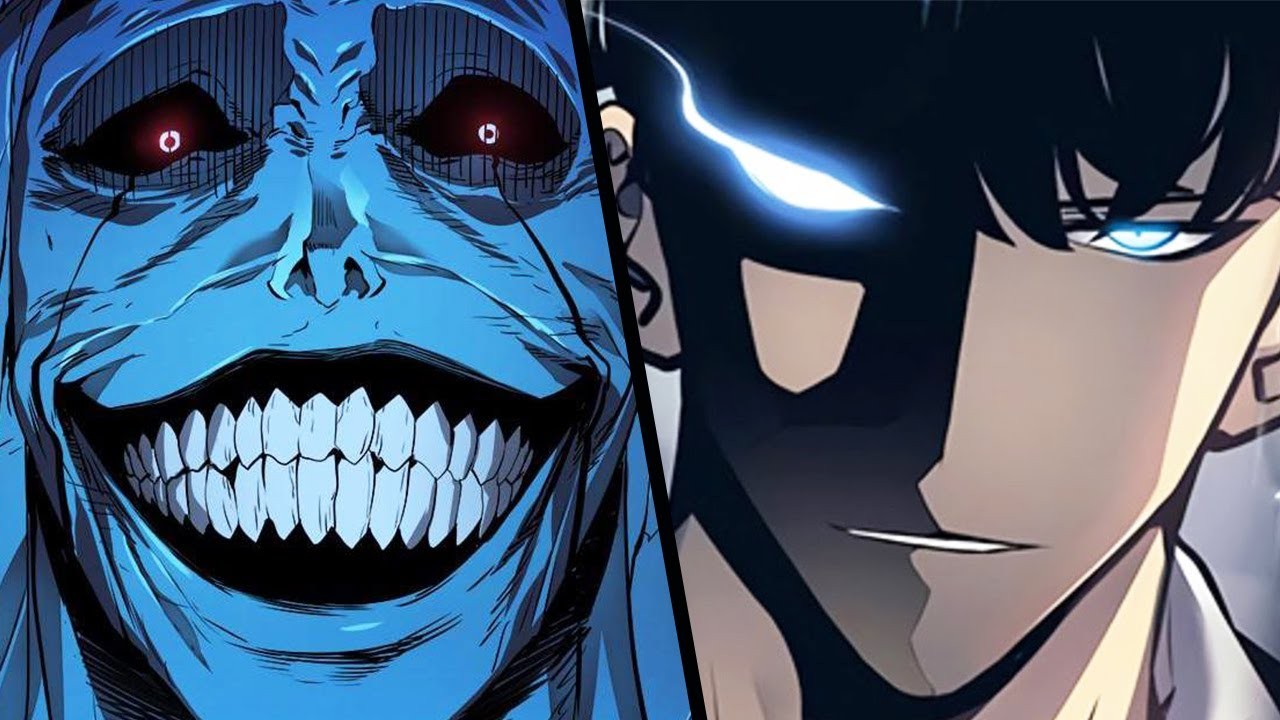
Anime has increasingly delved into darker narratives, yet many still favor heartwarming and inspirational character journeys.
Solo Leveling’s departure from this norm is reminiscent of Monster, where the psychological dynamics between the main characters, Dr. Tenma and Johan, lie at the core of the narrative. Their intertwined mental and emotional states shape the plot’s trajectory, leading to profound implications for both.
While Solo Leveling lacks intricate character dynamics like those in Monster, Jinwoo’s decisions and psychological evolution significantly impact the storyline.
This parallel underscores the importance of Jinwoo’s character in shaping the narrative, highlighting the dark turns of his psychology as a driving force in the series.
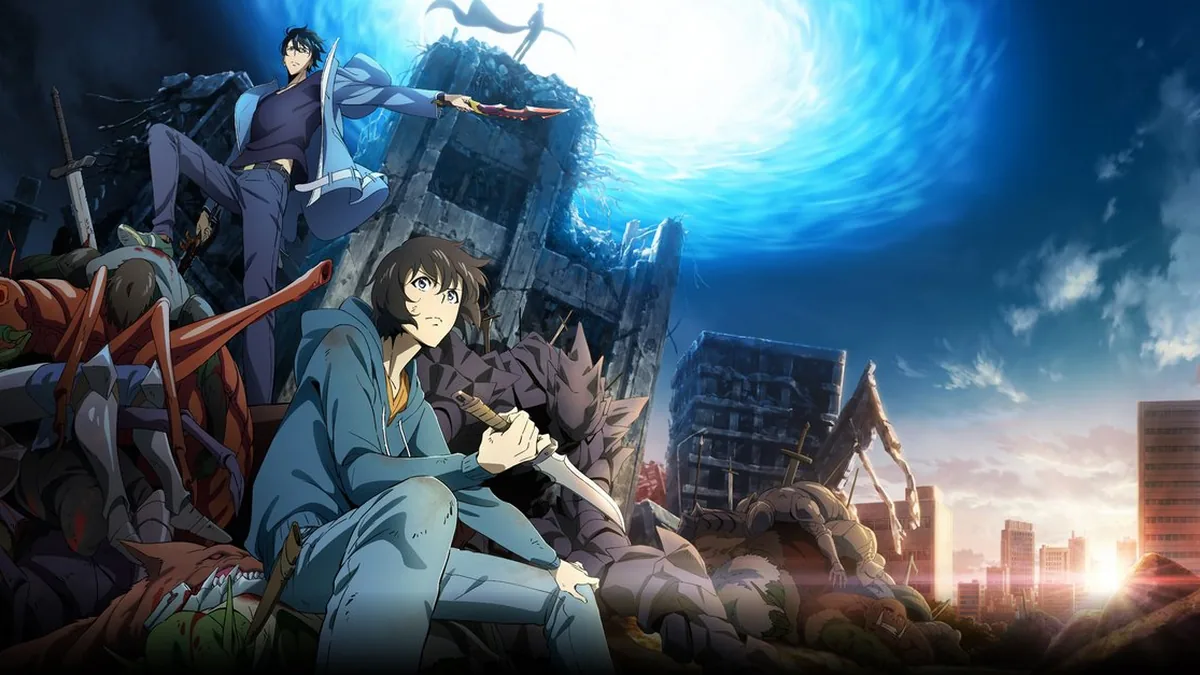
Sung Jin-Woo’s complex character brings a welcomed nuance to the world of anime.
While anime has long been celebrated for its multifaceted characters, the industry often leans towards portraying wholesome heroes as the face of its narratives.
According to MyAnimeList, characters like Lelouch Lamperouge from Code Geass, Levi Ackerman from Attack on Titan, Monkey D. Luffy from One Piece, L from Death Note, and Zoro from One Piece dominate the list of most popular characters.
While characters like Lelouch share similarities with Jinwoo in their descent into villainy, the majority of fan-favorite characters tend to embody heroism and inspiration, such as Naruto Uzumaki or Edward Elric from Fullmetal Alchemist.
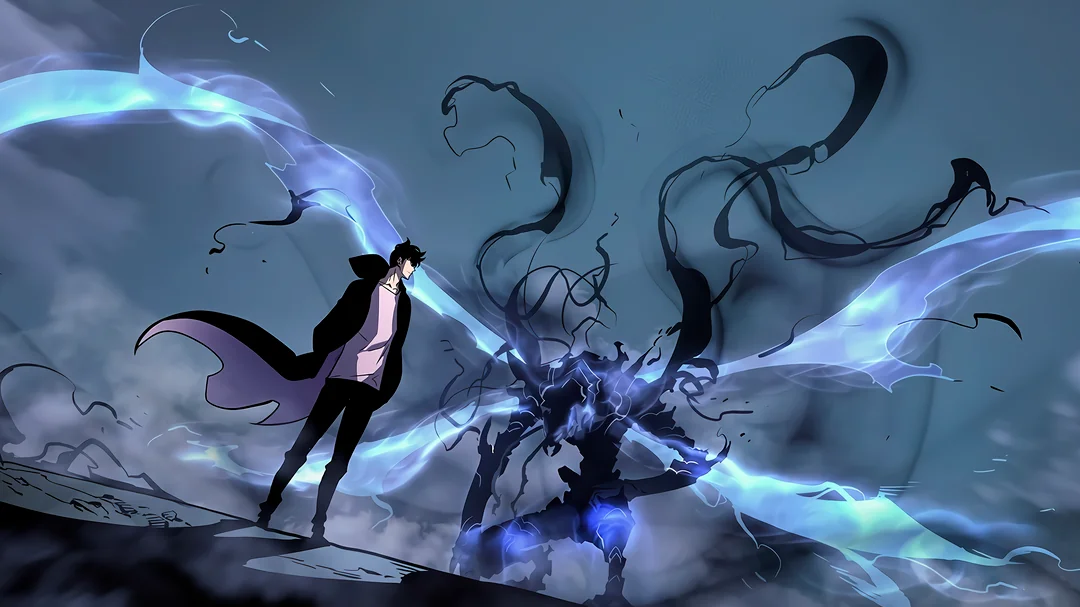
Jinwoo’s introduction comes at a pivotal moment in anime, aligning with the rising popularity of darker-toned narratives. His character, while primarily heroic, boasts layers of complexity that challenge conventional archetypes.
Despite displaying shades of a darker personality, particularly in his calculated and cold demeanor, Jinwoo’s inherent redeemable qualities shine through. While he and Johan Liebert may share certain darker tendencies, Jinwoo’s character is defined by his capacity for both good and evil.
As anime increasingly embraces morally ambiguous characters, Jinwoo’s presence serves as a compelling exploration of the gray areas between heroism and villainy. In a space where traditional hero archetypes are being redefined, Jinwoo’s complex character adds depth to the evolving nature of anime storytelling.
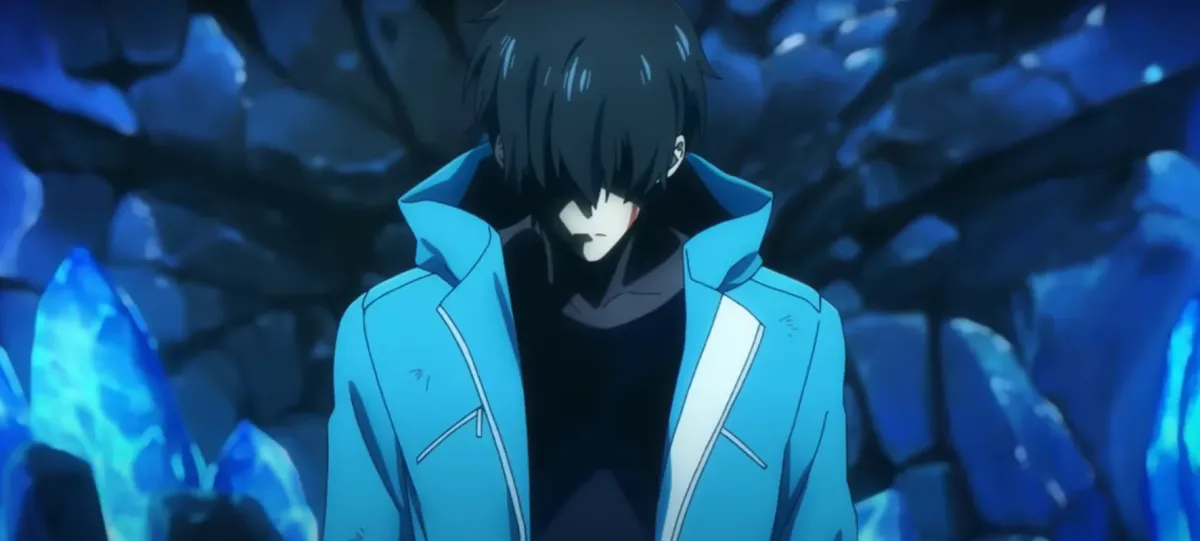
Jinwoo occupies a distinct space between heroism and anti-heroism in anime
Anti-heroes in anime, like Alucard from Hellsing, often blur the lines between morality and intention, exhibiting traits of egotism and mercilessness towards enemies.
While they may ultimately lean towards doing what’s right, their methods are often inhumane, showcasing a lack of heroism. Alucard, for instance, is driven by a relentless pursuit of his objectives, demonstrating little regard for traditional heroic values despite his capacity for respect and love.
In contrast, Jinwoo’s character doesn’t typically blur moral lines or harm others for personal gain. While his lack of remorse for dispatching the six Hunters reveals a dark and calculating mentality, his actions were primarily driven by self-defense, keeping him from veering into outright villainy.
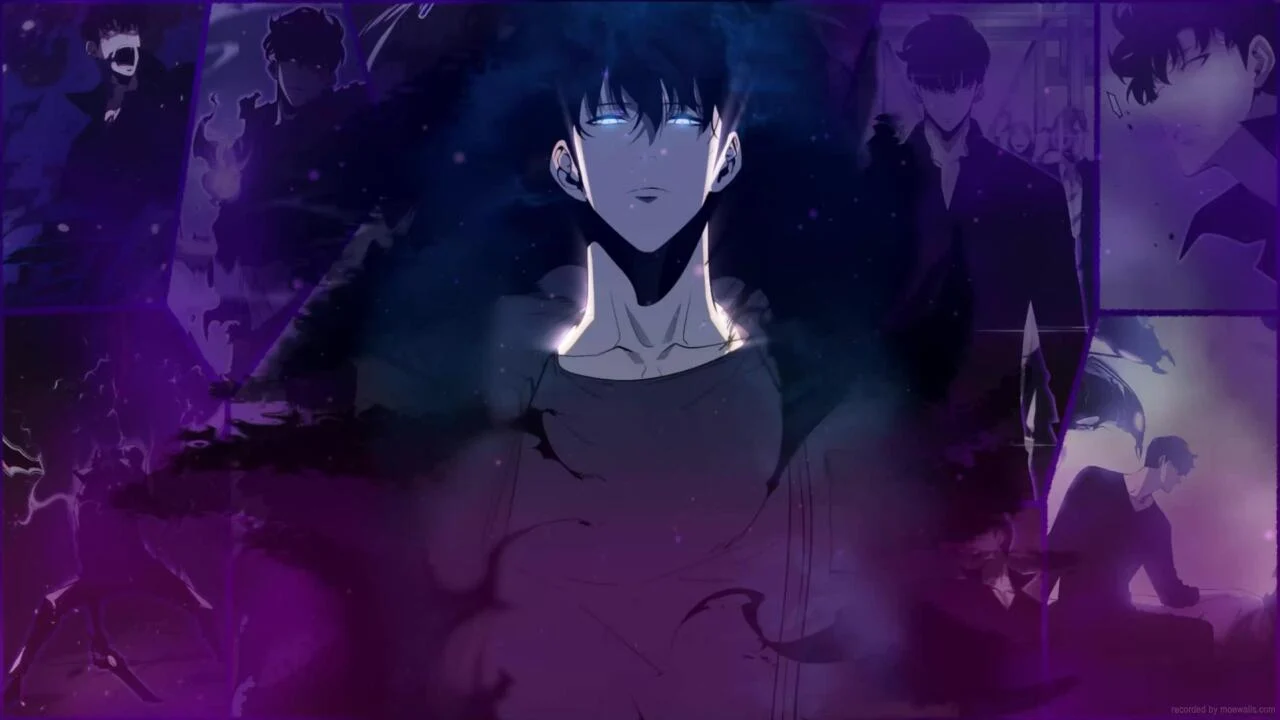
Moreover, there’s a clear distinction between Jinwoo’s behavior when he’s working and in his personal life, suggesting that his darker tendencies are more situational than ingrained aspects of his personality.
Episode 9 highlights Jinwoo’s focus on survival in contrast to another Hunter’s sinister penchant for murder, further differentiating him from true villains like Monster’s Johan.
While Jinwoo may share certain traits with anti-heroes, such as his ability to turn his morals on and off, his growing positive relationships with other characters attest to his fundamentally heroic nature.
Until his cold and calculating demeanor begins to seep into his personal life, Jinwoo remains closer to the hero archetype than any other classification.
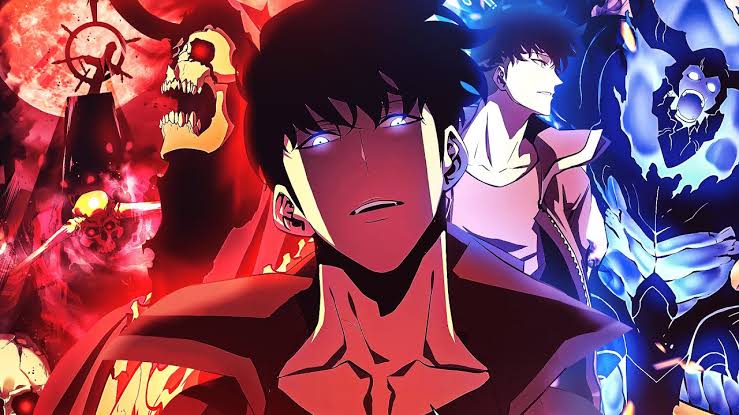
In a final perspective, it’s essential to acknowledge that all heroes have their flaws. Naruto grappled with hatred, while Edward wrestled with his humanity.
Similarly, if Jinwoo continues on a path of heroism and learns to balance the darker facets of his personality, he will ultimately earn the title of a true hero. In doing so, his character will contribute to the ongoing trend of challenging the uplifting narratives commonly found in anime.
Solo Leveling’s exploration of dark psychological themes and its core plot device bear striking resemblance to the classic series, Monster.
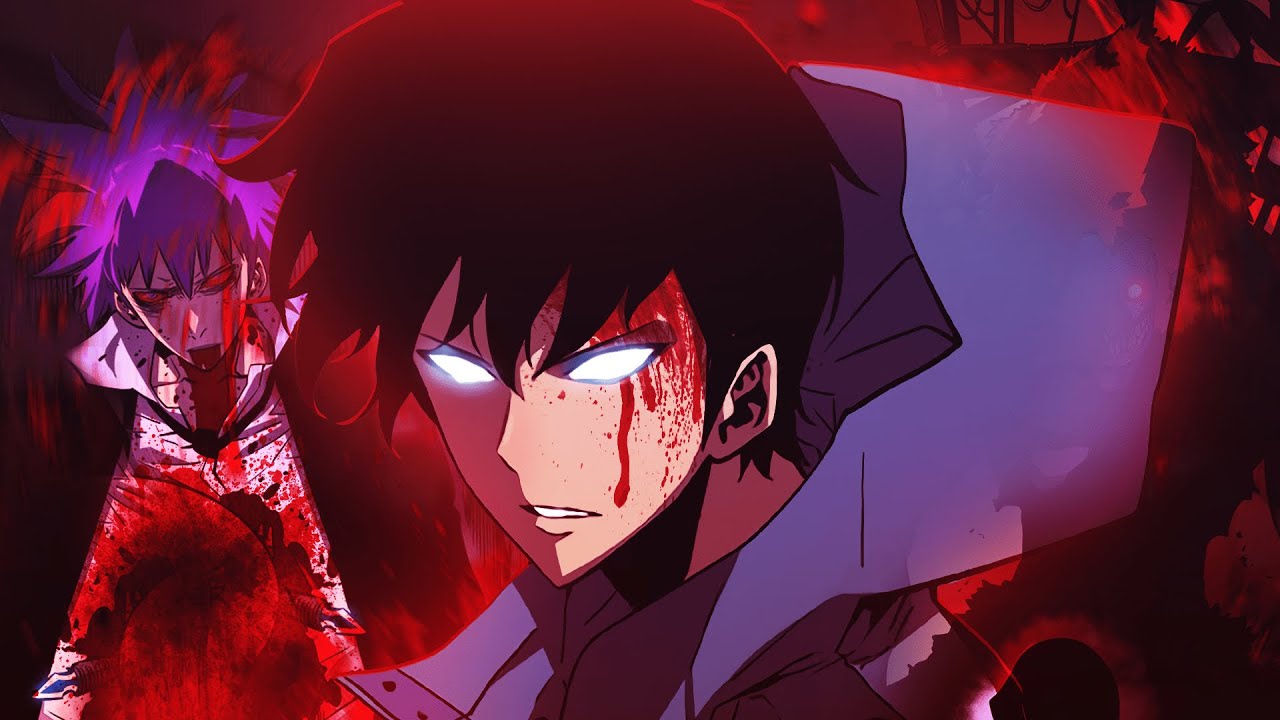
Both narratives center around major conflicts stemming from near-death experiences and second chances at life. Initially portrayed as seemingly wholesome characters, Jinwoo and Johan are revealed to possess terrifying dark sides, adding depth and complexity to their personas.
The intricate psychology of these characters reverberates throughout their respective worlds, lending weight to the dark tones that distinguish these series.
The parallels between Solo Leveling and Monster highlight how heavy plots and complex protagonists can challenge conventional portrayals in anime, creating a unique and memorable viewing experience that pushes the boundaries of storytelling.

